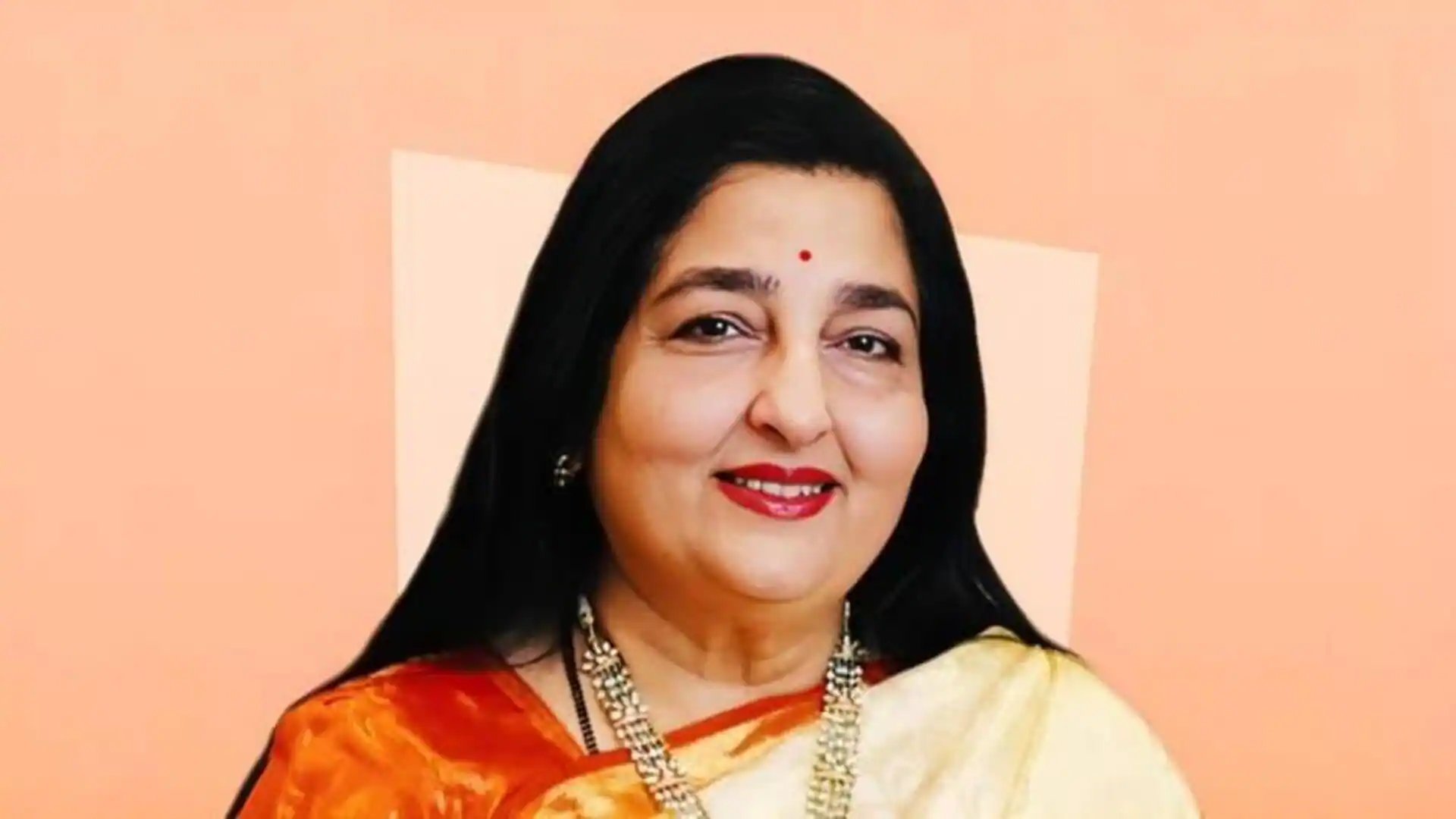
Anuradha Paudwal, a name synonymous with soulful melodies, has etched an indelible mark in the Indian music industry. With a career spanning over four decades, her voice has become a source of comfort and inspiration for millions. Whether it’s her Bollywood chartbusters or her serene devotional tracks, Anuradha Paudwal has consistently showcased her unparalleled versatility and talent. Her journey from a budding singer to a musical icon is a story of resilience, artistry, and dedication. Today, she is celebrated not just as a playback singer but as an emblem of timeless music.
Early Life and Influences
Born on October 27, 1954, in Karwar, Karnataka, Anuradha Paudwal grew up in a musically inclined environment in Mumbai. The city’s rich cultural fabric and exposure to various musical traditions nurtured her budding talent. Her initial training in classical music laid the foundation for her impeccable vocal control and emotive delivery.
First Steps into Playback Singing
Anuradha’s journey into Bollywood began with a modest start. Her first major break came with the Marathi film Yashoda, but it was her association with legendary composer Laxmikant-Pyarelal that opened doors to Bollywood. Songs like “Aye Mere Watan Ke Logon” (chorus) showcased her ability to stand out, even among greats.
Bollywood Breakthrough and Stardom
The 1980s and 1990s saw Anuradha Paudwal rise to prominence as a playback singer. Her collaborations with composers like Nadeem-Shravan, Anand-Milind, and others resulted in evergreen hits like “Dil Hai Ke Manta Nahin,” “Nazar Ke Saamne,” and “Tu Meri Zindagi Hai.” Her soft, melodious voice became the perfect match for the romantic ballads of the era, making her the voice behind countless love stories on screen.
The Aashiqui Era
The soundtrack of the film Aashiqui (1990) is perhaps one of the most iconic albums in Bollywood history. Songs like “Dheere Dheere Se” and “Jaane Jigar Jaaneman” remain etched in the hearts of music lovers. This album not only won her several awards but also established her as one of the leading playback singers of the decade.
Shift to Devotional Music
In the mid-1990s, Anuradha Paudwal made a bold decision to focus on devotional music, stepping away from Bollywood at the peak of her career. Albums like Shiv Mahima and Gayatri Mantra became massive successes, earning her the title of “The Queen of Bhajans.” Her renditions of devotional hymns brought a modern yet deeply spiritual touch to the genre, connecting with audiences of all ages.
Legacy and Impact on the Music Industry
Anuradha Paudwal’s contribution to Indian music goes beyond her playback and devotional singing. Her ability to adapt to various styles and genres has set a benchmark for versatility. She has inspired a generation of singers, including many who have followed her path into devotional music. Her music continues to be a bridge between generations, offering something for everyone.
Personal Life and Philanthropy
Despite her immense fame, Anuradha Paudwal has remained grounded, channeling her success into philanthropic activities. She has actively supported causes related to education and healthcare, using her influence to bring positive change. Her personal life, marked by spiritual values, reflects her deep connection to her music and her audience.
Conclusion
Anuradha Paudwal’s legacy is a testament to the transformative power of music. From Bollywood hits that defined an era to devotional tracks that bring solace, her voice continues to resonate with audiences across the globe. Her journey reflects dedication, evolution, and an unyielding passion for music. For her fans, Anuradha Paudwal is not just a singer; she is a timeless icon whose melodies remain an integral part of their lives.







